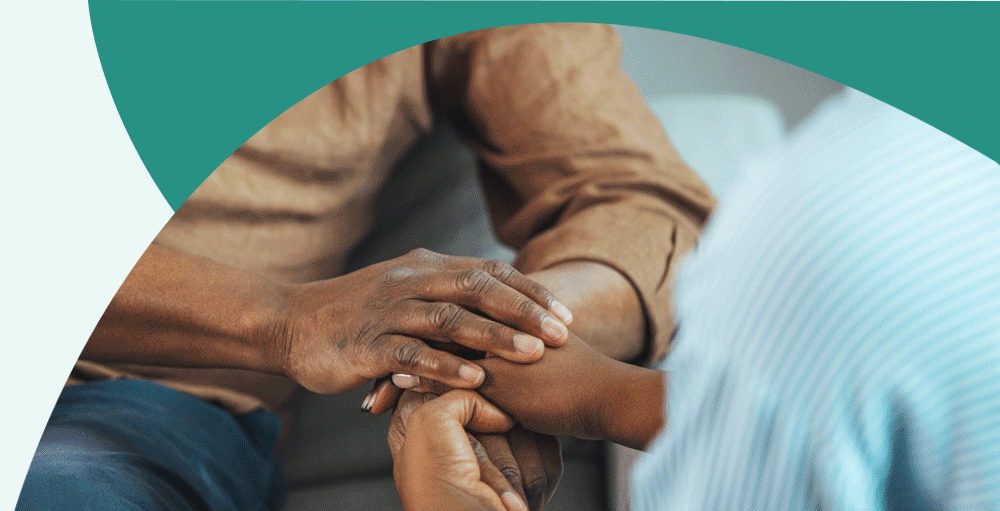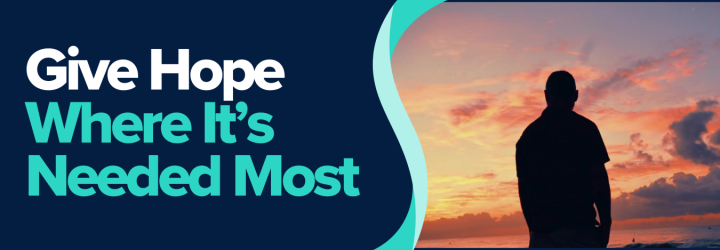
21 Addiction Resources for the BIPOC Community
According to SAMHSA, the BIPOC (Black, Indigenous, and People of Color) community is most at risk for developing addiction.
Why do BIPOC individuals experience addiction at a higher rate than their counterparts?
Stress, trauma, housing discrimination, racism, hate crimes, and systemic pressures drastically increase the risk of developing addiction.
According to several studies, Black individuals in particular are at risk for addiction. Within the last 5 years, there has been a rise in opioid-related overdoses among Black Americans. During this time period, Black people accounted for 43% of all overdoses. This is especially jarring since Black people only make up approximately 12% of the general population.
BIPOC individuals also face barriers when trying to access treatment. These barriers can take the form of familial stigma, cultural stigma, limited healthcare access, systemic discrimination, and regulatory barriers.
We’re doing our part to dismantle these barriers and make it easier for the BIPOC community to access the resources they need. We’ve created a list of resources that will help you on your journey to recovery. Below are tools that will help you find addiction treatment, connect to trained crisis counselors, locate culturally sensitive therapists, and much more:
General Addiction Resources for the BIPOC Community
- ATLAS: helps people search for and compare addiction treatment facilities to find high-quality care for themselves or their loved ones.
- SAMHSA’s National Helpline: free, confidential, 24/7, 365-day-a-year treatment referral and information service for individuals and families facing mental and/or substance use disorders.
- Boris Lawrence Henson Foundation Resource Directory: Virtual directory of mental health providers, programs, and resource materials for the Black community
- NAATP Addiction Industry Directory: A comprehensive source of addiction service providers and supporters
- Native American Rehabilitation Association (NARA): This group of Native American treatment centers and addiction recovery professionals who provide support, information, and services to Native Americans struggling with addiction.
Mental Health Resources:
- Therapy for Black Men: This rapidly growing directory of 135 therapists and 27 coaches throughout the fifty states provides judgment-free, multiculturally competent care to Black men with the purpose of breaking the stigma that asking for help is a sign of weakness.
- Therapy for Black Girls: This space was developed to present mental health topics in a way that feels more accessible and relevant. They offer resources, guides, and a directory of mental health practices that are run by Black women for Black women.
- Latinx Therapy: This resource offers self-help techniques and links to locate culturally sensitive therapists. It was created with the aim of breaking the stigma of mental health in the Latinx community.
- Well for Culture: a grassroots initiative aiming to reclaim and revitalize Indigenous health and wellness.
- The Loveland Foundation: A non-profit organization offering financial assistance to Black women and girls seeking therapy.
- Mental Health Fund: This fund provides financial assistance to QTBIPOC individuals to increase access to mental health treatment.
Children & College Students
- Concerned Black Men of America: This organization connects children of color to mental health resources and role models. They offer parent-focused programs on career development and adult literacy.
- Young People of Color: An online support community for young people of color that includes daily check-ins, celebrations, icebreakers, and Q&As.
- Protect Your Mental: A community space created by a WOC to educate young adults on the topic of mental health and empower them to practice and protect their mental health on a daily basis.
- WeRNative: A comprehensive health resource for Native youth, by Native youth. This resource promotes holistic health and positive growth through the teachings of Native culture, history, and current events.
- Center for Native American Youth: A national education and advocacy organization that works alongside Native youth – ages 24 and under – on reservations, in rural villages, and urban spaces across the country to improve their health, safety, and overall well-being.
LGBTQ+
- YMSM + LGBT Center of Excellence: This organization delivers culturally responsive and evidence-based prevention and treatment services for minority lesbian, gay, bisexual, and transgender populations dealing with co-occurring substance use and mental health disorders.
- National Queer and Trans Therapists of Color Network: This organization is committed to transforming the mental health of queer and trans people of color.
- The Trevor Project: National organization that provides crisis intervention and suicide prevention services to all LGBTQ+ youth, with an emphasis on protecting the Black community.
- House of Rebirth: This housing initiative aims to assist Black trans women by offering residential services and community programs.
- LGBTQ Psychotherapists of Color: This directory matches QTBIPOC individuals with licensed therapists within their community. The site also offers networking, support, and community-building opportunities for counseling professionals.

